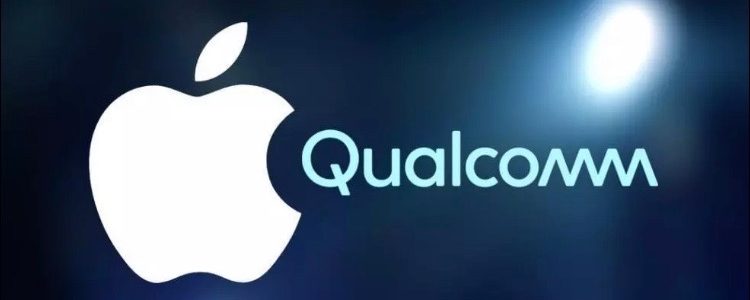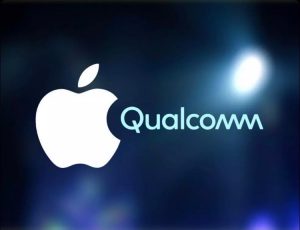
Apple and Qualcomm settle after two years of patent disputes

Apple and Qualcomm have decided to drop all ongoing litigation and settle their royalty disputes by reaching an agreement on global patent license and chipset supply.
The Trump administration’s vision of finding a national technology front runner for the forthcoming wave of 5G wireless communication may be coming true.
Qualcomm’s legal settlement with Apple this week has removed any doubt about handing over the leading supplier of modem technology for smartphones. Huawei the Chinese telecoms company thought to be leading the race to superfast connectivity.
Apple had filed a $1billion lawsuit against Qualcomm in 2017, accusing it of monopoly and overcharging for chips after which the latter filed a counter lawsuit. The settlement includes an undisclosed amount from Apple to Qualcomm.
As the supplier of a significant part of the intellectual property in the 5G communications standards, Qualcomm could secure US a stronger voice in the future of mobile communications. Worried that US was about to lose its position in 5G, the Trump Administration blocked the deal. Lucent, America’s leading wireless infrastructure maker, had succumbed to a takeover by France’s Alcatel in 2006, and Huawei with its links to the Chinese state has since taken the lead.
The settlement is a relief for Apple, which had looked unlikely to release a 5G iPhone alongside competitors in 2020. Apple had complained about Qualcomm’s practice of charging a royalty fee on all mobile handsets, calculated as a percentage of each handset’s total price rather than just the value of the chips it contains. In the wake of slowing iPhone sales, Apple was running out of options and feeling the pinch to keep up with its rivals and release a 5G phone in 2020. Qualcomm had the most to gain and most to lose. Qualcomm stocks jumped 23 per cent after the settlement which was their biggest gain in 19 years.
In the meanwhile, Huawei the second biggest maker of smartphones has thrown down the gauntlet to rivals with plans to sell a 5G phone for $600 about half the price expected by analysts.
